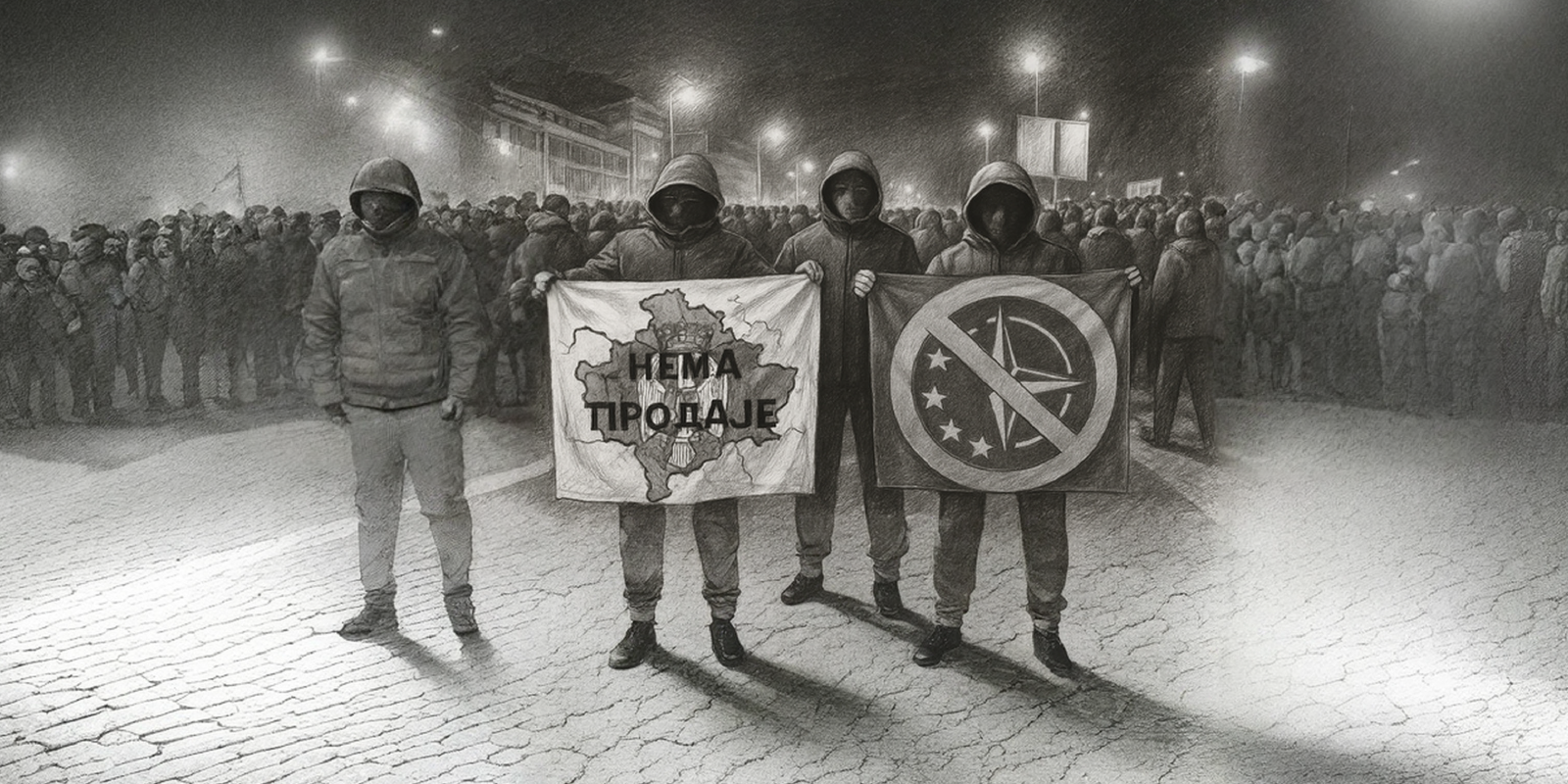PUBLICATION: Policy brief
Building Leverage – Türkiye As Security Provider In the Western Balkans
In July 2023, Serbian Defence Minister Miloš Vučević, and now Serbian Prime Minister, publicly accused Türkiye of training, arming and conducting military drills with the Kosovo Security Forces (KSF), Kosovo’s crisis response formation with the explicit purpose of transforming the KSF into full-fledged army by the year 2028.
This is a process that Serbia opposes as it continues to invoke the UN Security Council Resolution 1244, which does not accept any other armed formation on the ground except NATO’s peacekeeping forces, the Kosovo Force (KFOR).
While there is a lot of political marketing in the rhetoric of Serbian leadership, this episode does show that Türkiye has become more assertive as a security provider in the Western Balkans in recent years. This policy has been motivated by Ankara’s interest in winning new markets for its growing defence industry and, more importantly, building political leverage in the region. This policy became more pronounced in the context of the Ukraine war as Ankara uses the security anxiety that there may be an overspill to the region, giving Türkiye an opportunity to act more assertively in its regional security policy.
DETAILS
AUTHORS
SHARE
PDF PREVIEW
RELATED

Date: 22.10.2025.
Author: Jelena Pejić Nikić |
This policy paper examines Western Balkan stakeholders' perspectives on what is needed for meaningful enlargement and the EU reforms they consider essential for an effective expanded Union. Field research in spring and summer 2024 included 16 high-level interviews with representatives from all six countries of the region.

Date: 13.10.2025.
Author: Belgrade Centre for Security Policy
The subject of analysis is the content related to student and civic protests distributed on the Telegram channel “BUNT je stanje duha.”

Date: 04.08.2025.
Author: Vuk Vuksanović |
The analysis is based on the "Security Radar" public opinion survey conducted by the Friedrich Ebert Stiftung in selected European countries, including Serbia, and a comparison of public opinion findings for 2022 and 2025.



